Strategies for Reducing Salt and Sugar Intakes in Individuals at Increased Cardiometabolic Risk

Published in Nutrients on the 13th of January 2021, Ponzo et al conducted a narrative review to describe current knowledge about the strategies to reduce dietary salt and sugar intake, including strategies for the food industry and for health professionals in a clinical context. A search of electronic peer-reviewed databases was conducted. Themes reviewed for […]
A Decade of Food and Nutrition Policy in Portugal (2010-2020)

Published in the Portuguese Journal of Public Health on the 29th of October 2020, Graca, Gregorio and Freitas reviewed food- and nutrition-related policies and progress in Portugal over the last decade. The authors reflected on the main strategic documents, namely “The Platform against Obesity” (2007 – 2011), the “Promotion of Healthy Eating” (2012 – present) […]
WHO Regional Office for Europe (WHO EURO) released new country support package to aid salt reduction
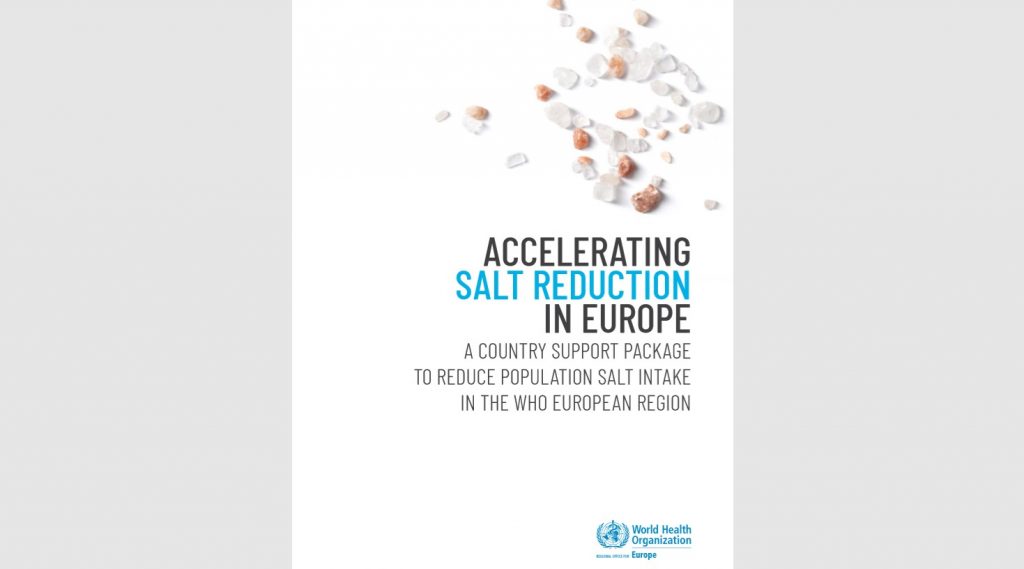
[vc_row][vc_column][vc_column_text]In late July the WHO EURO office launched a new package to support countries in the European region to reduce salt consumption. The support package provides a step-by-step guide on developing, implementing, monitoring and evaluating salt reduction programs. It is hoped that this support package will encourage countries to either reinforce of further pursue salt […]
Scaling-up food policy interventions to reduce NCDs in the Pacific Islands
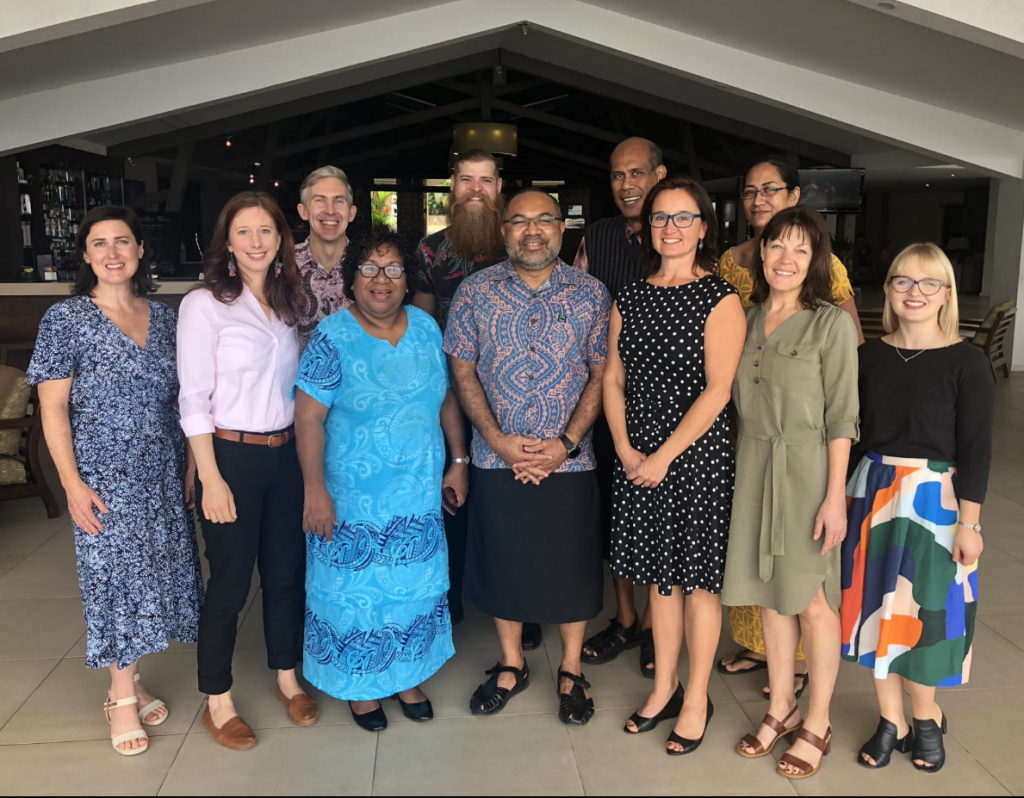
In August this year, National Health and Medical Research Council (NHMRC) grants were officially awarded through the Global Alliance of Chronic Disease (GACD) funding round, focused on scaling up interventions to reduce the burden of diabetes and hypertension. The George Institute was awarded funding in partnership with Fiji National University, Deakin University and the University […]
Creating healthy, sustainable, city food environments – Putting lived experiences first
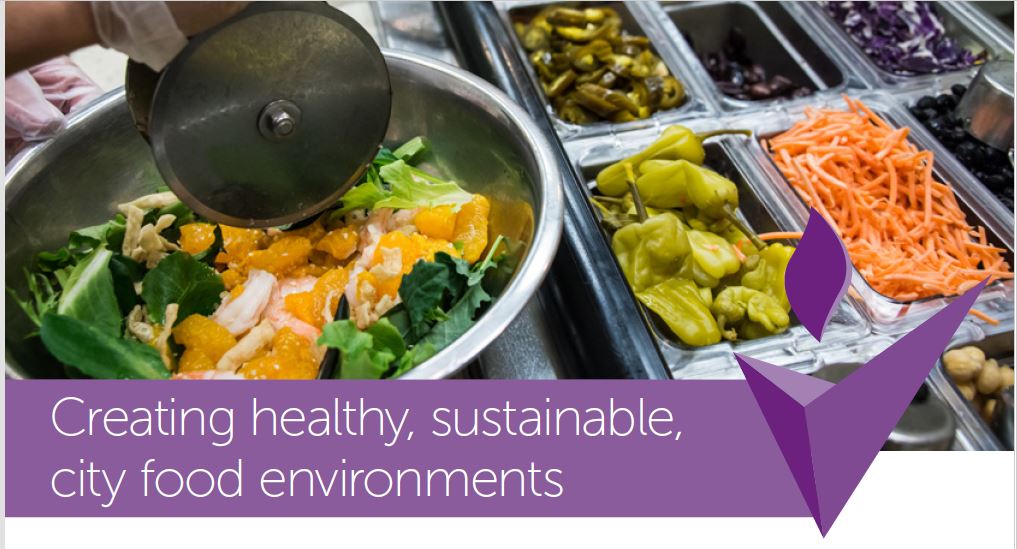
A thought leadership event on ‘creating healthy, sustainable, city food environments’ was held on the 20th of June at the George Institute’s Oxford office. The event involved a keynote presentation by Prof Corinna Hawkes, distinguished fellow at The George Institute for Global Health. Corinna focused on the need for a “people-centred” approach that draws on […]
Food Governance Conference 2019
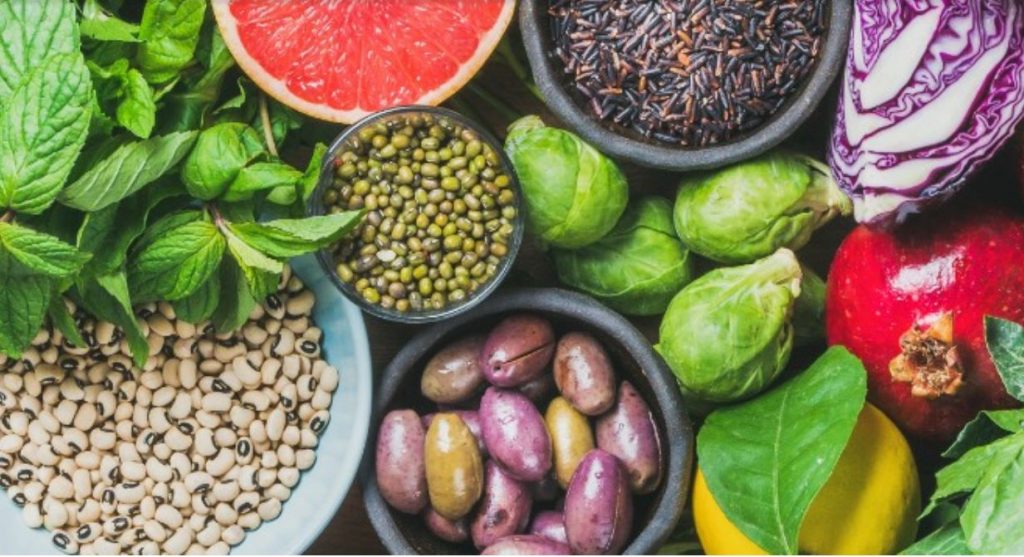
On the 3rd-5th of July, the second Food Governance Conference was hosted by the Sydney Law School, The University of Sydney’s Charles Perkins Centre, and The George Institute for Global Health. The conference had a focus on the role of human rights, law, regulation and policy, in addressing food system issues and challenges. Keynote presentations […]
“Food and Water is Life!” – Food Forum in Walgett
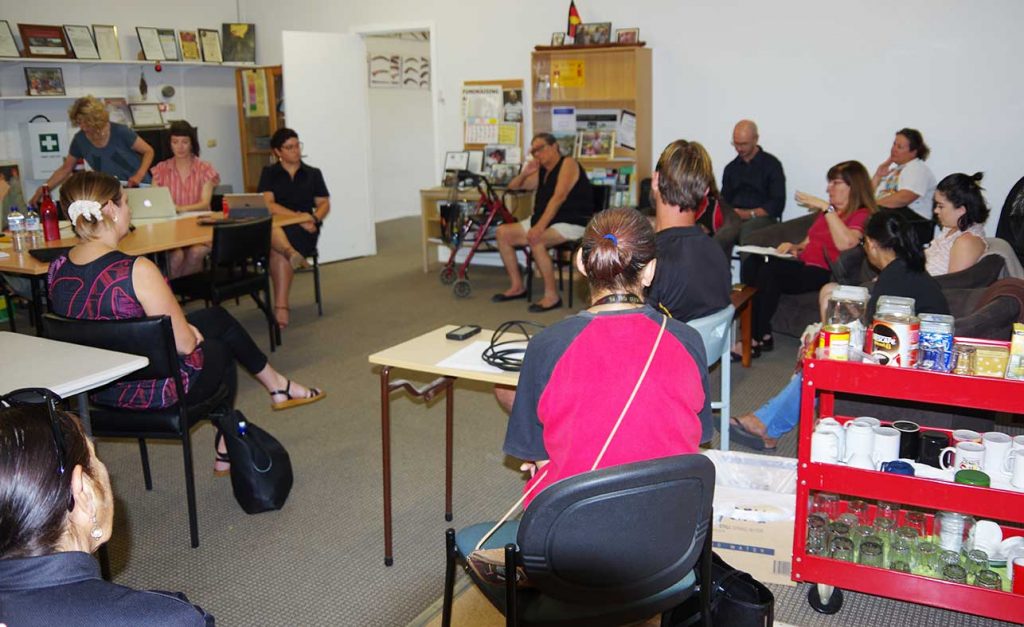
Following media coverage last year highlighting the high sodium levels in the bore water used by the community, and previous discussions with community members, a Food Forum was held in Walgett, NSW, Australia. It was hosted by Yuwaya Ngarra-li, a community-led partnership between the Dharriwaa Elders Group (DEG) and the University of New South Wales (UNSW). The […]
Sodium Reduction: Assessment to Action
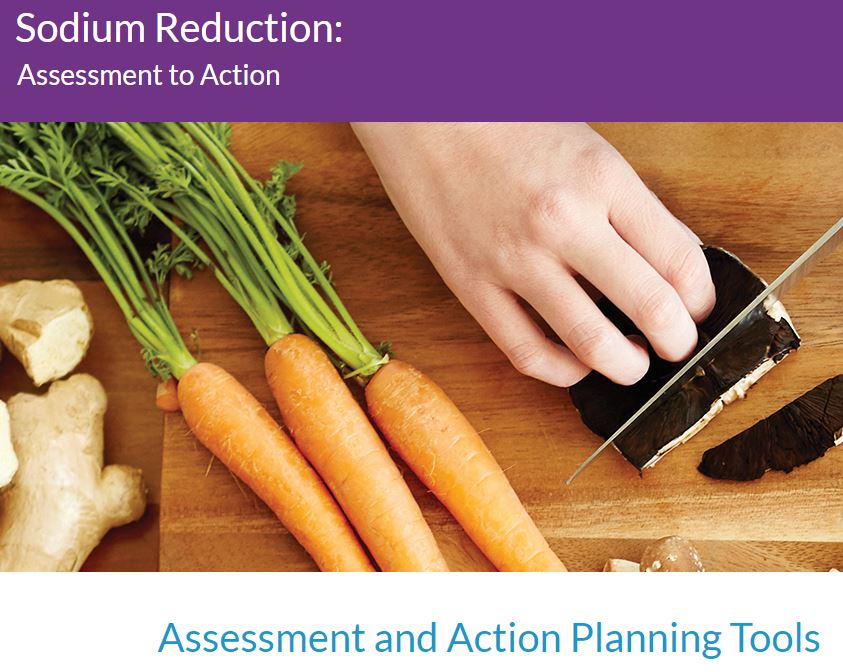
The Health Resources in Action team have recently released an online sodium reduction assessment and action tool kit for food services. The aim of the toolkit is to assist the food service sector to conduct their assessment and then turn their results into an action plan. Areas covered include: food service guidelines and standards, food […]
Costa Ricans consuming almost twice the recommended amount of salt

Costa Ricans consume almost double the WHO salt recommendations. The Costa Rican Institute for Research and Education in Nutrition and Health (Incenses) have coordinated two international events to raise awareness of the issue. In February, a workshop “Application of social marketing in the creation of capacities and the reduction of salt intake in Latin America: […]
Understanding Barriers and Enablers to State Action on Salt: Analysis of Stakeholder Perceptions of the VicHealth Salt Reduction Partnership
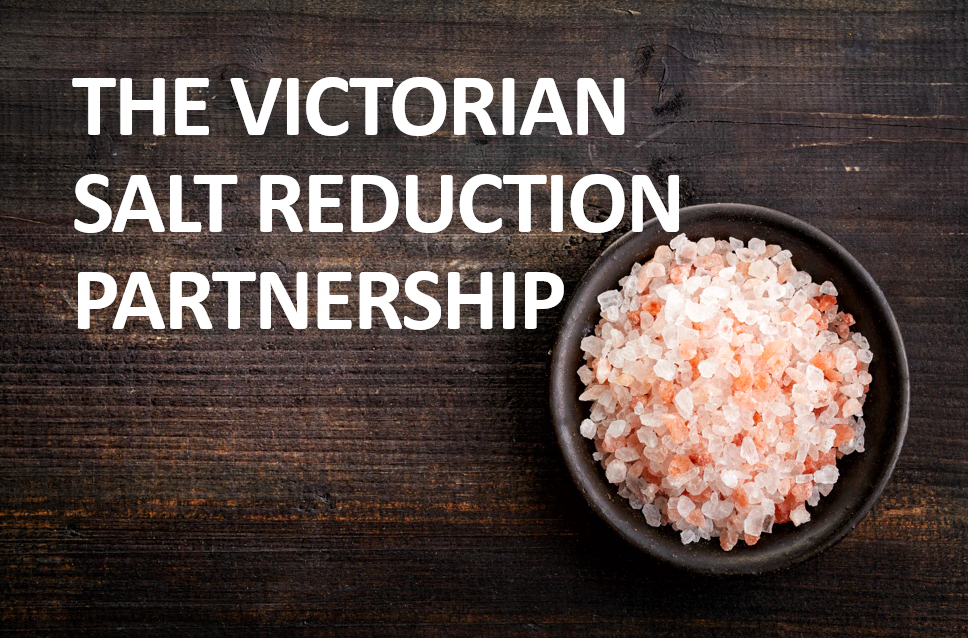
A study by McKenzie et al investigated stakeholder perceptions of the Victorian Salt Reduction Partnership. The Partnership consists of health and research organisations that came together in 2015 to develop an action plan for salt reduction interventions in Victoria, Australia. Fourteen stakeholders were interviewed (12 members of the partnership and two informal collaborators) at the mid-point […]